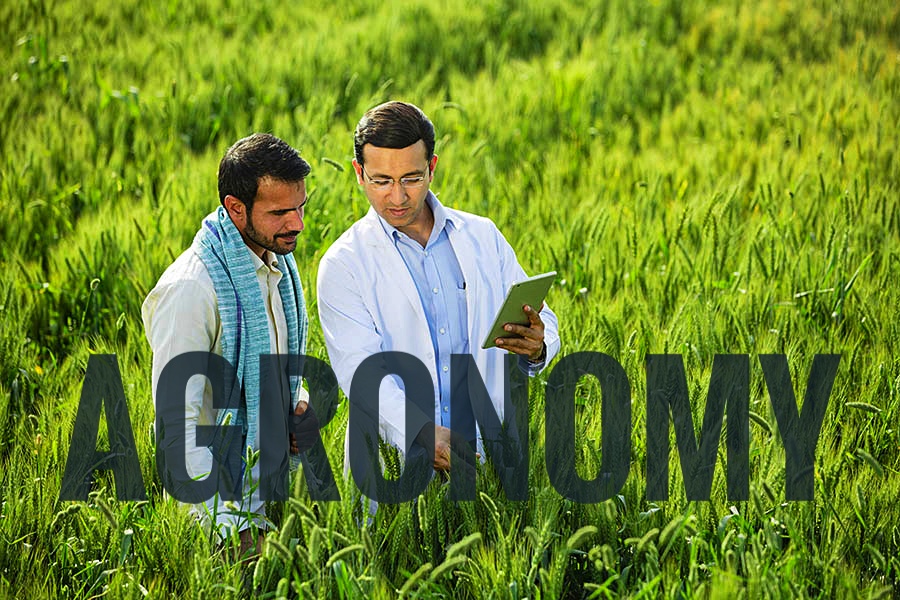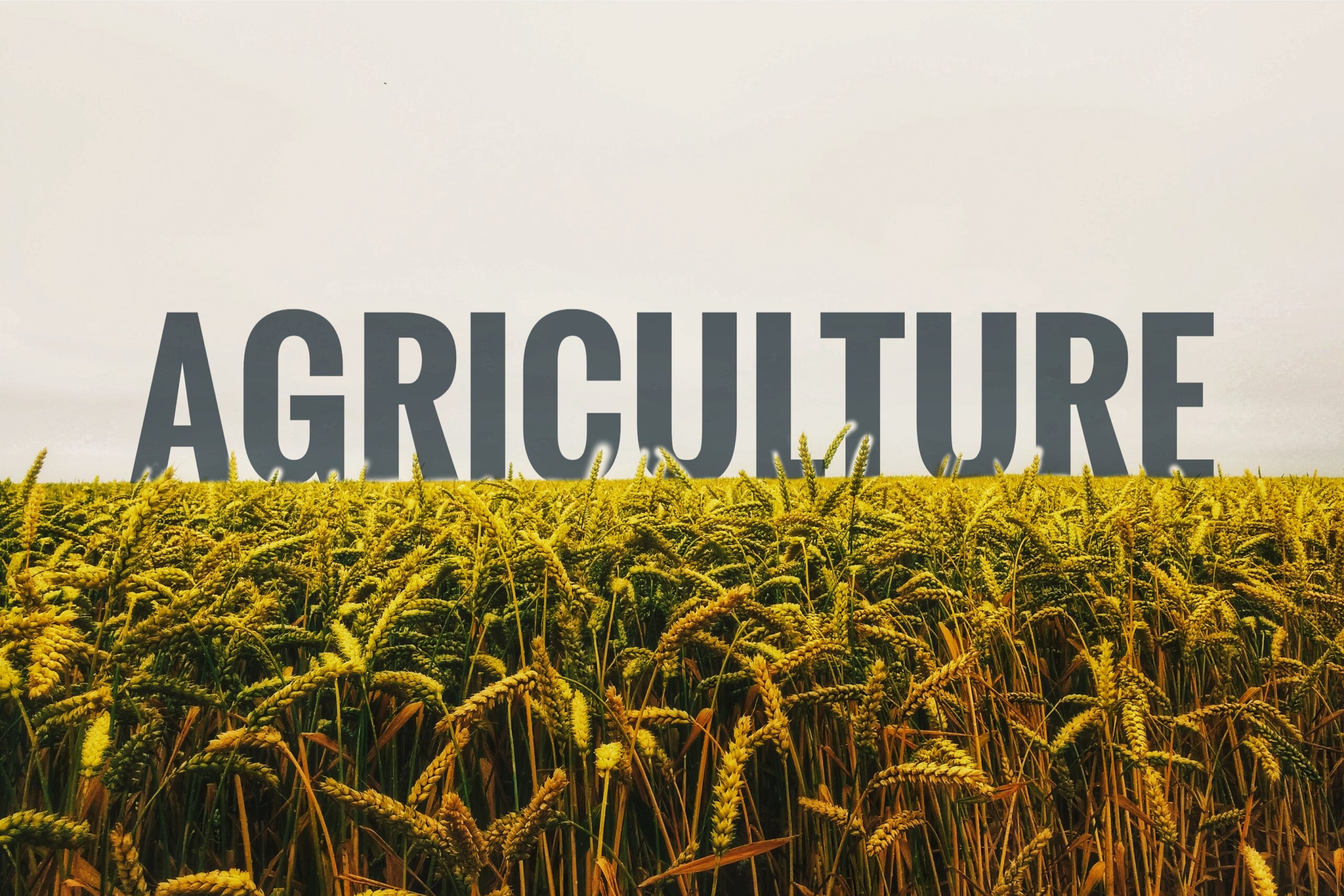Understanding Agronomy: The Science of Crop Production
Agronomy is the science and practice of growing crops and managing soils. It plays a crucial role in ensuring we have enough food, fiber, and fuel to meet the needs of a growing global population. Let’s break down what agronomy is, why it’s important, and what agronomists do.

What is Agronomy?
Agronomy comes from two Greek words: “agros,” meaning field, and “nomos,” meaning management. So, agronomy essentially means the management of fields. It is a branch of agricultural science that focuses on the production and use of plants for food, fuel, fiber, and land reclamation.
Key Areas of Agronomy
- Crop Production: This involves everything from selecting the right seeds to planting, nurturing, and harvesting crops. Agronomists study different crop varieties, soil types, and climatic conditions to determine the best practices for high yields.
- Soil Management: Healthy soil is vital for healthy crops. Agronomists study soil properties, fertility, and how to manage soils to enhance crop growth. This includes practices like crop rotation, cover cropping, and the use of fertilizers and organic amendments.
- Weed, Pest, and Disease Control: Unwanted plants, insects, and diseases can significantly reduce crop yields. Agronomists develop and recommend strategies to manage these challenges, using methods that are safe for the environment and beneficial for the crops.
- Water Management: Efficient use of water is critical in agriculture. Agronomists study irrigation techniques, water conservation practices, and the impact of water quality on crop production.
- Sustainable Practices: Modern agronomy emphasizes sustainability. This includes reducing chemical inputs, conserving resources, and implementing practices that protect the environment while maintaining high productivity.
Importance of Agronomy
Agronomy is vital for several reasons:
- Food Security: As the global population grows, the demand for food increases. Agronomy helps improve crop yields and quality, ensuring a stable food supply.
- Environmental Protection: Agronomists develop practices that protect natural resources, reduce pollution, and promote biodiversity.
- Economic Stability: By improving crop production efficiency, agronomy supports the livelihoods of farmers and contributes to the economy.
- Adaptation to Climate Change: Agronomists research how to adapt crop production to changing climatic conditions, ensuring food production remains stable despite environmental challenges.
What Do Agronomists Do?
Agronomists are scientists who specialize in agronomy. Their work can be quite diverse, including:
- Research and Development: Agronomists conduct experiments to develop new crop varieties, improve soil management techniques, and find better ways to control pests and diseases.
- Field Work: They often work directly with farmers, providing advice on planting, fertilization, irrigation, and pest control. They help implement the latest research findings in practical ways.
- Education and Extension: Agronomists teach farmers and students about the latest agricultural practices. They may work for universities, government agencies, or private companies.
- Policy and Advocacy: Some agronomists work with policymakers to develop regulations and programs that support sustainable agriculture and food security.
Conclusion
Agronomy is a crucial field that combines science and practical knowledge to improve crop production and manage soils effectively. By focusing on sustainable practices, agronomists help ensure that we can feed the growing population while protecting the environment. Their work is essential for food security, economic stability, and environmental health. Understanding and supporting agronomy is vital for the future of agriculture and our planet.
